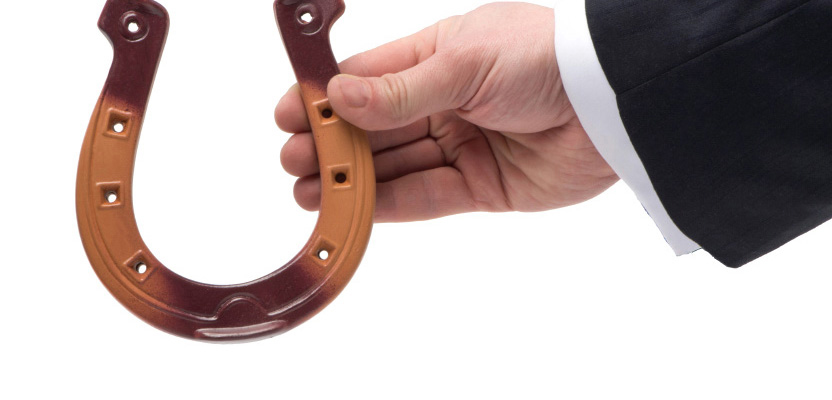Introduction
If you loan or lease your horse, you'll probably be concerned for its welfare.
If you borrow a horse, you want to be sure the extent of your responsibilities and legal liability are clearly established.
A good horse loan or lease document should address the concerns of both parties.
When to use an agreement
You should use an agreement whenever you loan, borrow or lease a horse or pony. It may seem overly formal to do so, especially where the arrangement is with a friend or family member, but using agreements provides additional 'insurance' for both parties if something does go wrong.
The main purpose of a written agreement is simply to make sure every point of the deal is covered so that neither of the parties can ever claim they misunderstood what was agreed. You don't need to use legal language; you just need to make sure you cover the important points.
The most obvious concern of the owner is the care of the horse or pony. That is likely to be the case whether the animal is a grade A jumper or a brood mare. The borrower is more likely to be concerned to have a record of condition at the start of the loan and clear terms as to how the owner wants the horse or pony to be kept.
There is no obvious cut-off point between the terms of a horse loan and the terms of a lease. The only real differences relate to the payment terms in the lease.
Who should draw up the agreement?
Either party could draw the agreement, as usually protects both sides. However, the person who first presents the agreement has a considerable advantage because they are able to edit it to suit their precise requirements.
It is always psychologically easier to accept terms presented to you than to counter offer your own.
What should a horse loan or horse lease agreement cover?
The contents of the agreement are down to the owner and borrower or lessee. Below is a list of the most common points for you to consider.
Contents of a typical lease or loan agreement should include:
- Personal details of the owner, borrower or lessee, and of the horse.
- Livery: Where will the horse stay and how should it be kept? Does the owner have specific stables in mind? Will it be stabled most nights, or kept out? Should the owner be informed if the horse is moved?
- Rider: Who is permitted to ride the horse? Should specific people be named?
- Visiting: What are the visiting rights of the owner? Is notice required?
- Insurance: Do both parties hold third party insurance? Has the owner taken out insurance? If so, must the borrower reimburse the premium? Is any other insurance required, for example, for tack or transport equipment?
- Length of loan: How long is the loan to last? What will happen when the loan period has expired? Should both parties meet to review before this happens?
- Fees and costs: Is the owner charging a fee? Is the owner covering any other costs?
- Notice: If either party has to pull out of the contract, how much notice must they give?
- Emergency exit provision: should this be included in the agreement? If so, what are the details?
- Veterinarian: Is there a specific vet the owner would like the borrower to use. Does the owner want to be kept informed of surgery and/or anaesthetic? What is the procedure in an emergency?
- Tack: Is there any tack included? Is the tack covered by insurance? In what condition was the tack delivered?
- Feed/grazing/fencing: Is the paddock up to scratch and will it be suitable for the horse or pony? What feed/grazing/fencing would the owner like the animal to be given? Will the paddock contain other horses or companion animals, and if so, which?
- Farrier: who pays, and is there a particular farrier that should be used?
- Restrictions on use: What is the horse to be used for? As a companion animal? For competition?
- References: Does the owner require a reference for the borrower?
- Ownership: Does the horse remain in the registered ownership of the original owner for the duration of the loan? Are both parties clear on the ownership?
- Review: Should both parties review the loan at specific points during the agreed time in order to discuss any issue/reassess the loan?
- Special conditions: Does the horse need any special care or medicine?
- Sale: If the horse is sold, either after the agreed notice period or after the loan ends, does the borrower get first refusal?
Further information and documents
You can download a horse loan agreement template that contains these points from Net Lawman.
Next you may want to read our article about settling a horse into a new home.

